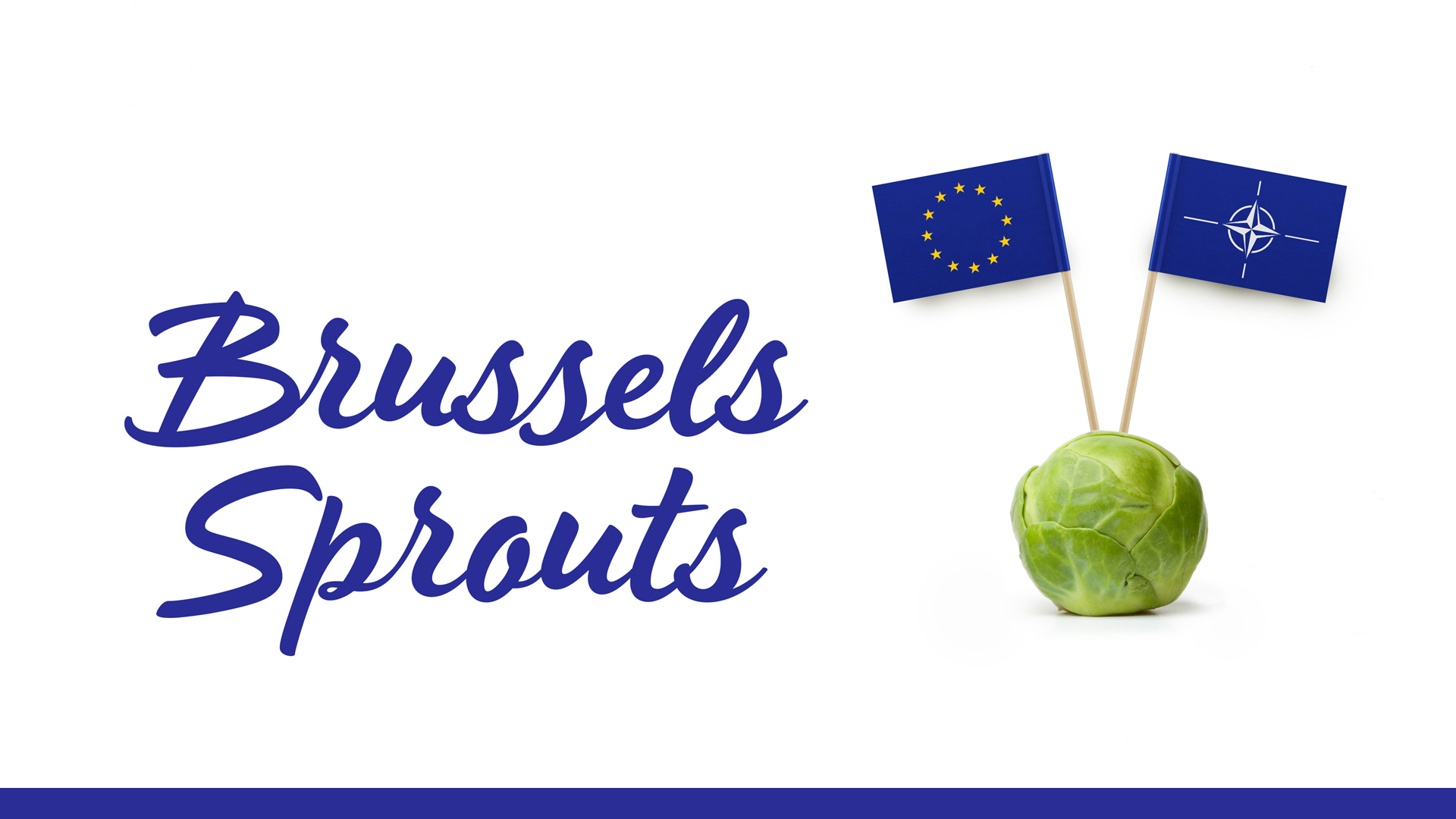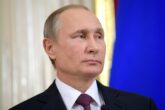
March 02, 2022
Flash Release: Claudia Major and Daniela Schwarzer React to Germany’s Shifts on Defense Policy
In response to the escalating crisis in Ukraine, Germany recently announced several historic policy shifts over the past few days. German Chancellor Olaf Scholz indicated that Germany would deliver weapons to Ukraine, reversing Germany’s long-held refusal to deliver weapons to a conflict zone. Furthermore, Scholz announced that Germany would plan to spend more than 2% of GDP on defense spending year on year and would create a €100 billion investment fund for the armed forces. Claudia Major and Daniela Schwarzer join Andrea Kendall-Taylor and Carisa Nietsche to assess this monumental shift in German foreign policy.
Dr. Claudia Major is head of the International Security Division at the German Institute for International and Security Affairs in Berlin (SWP). Her research, advisory work and publications focus on security and defense policy in Europe and in a transatlantic context, including NATO, EU, Germany, UK, and France. Previously, Claudia held positions at the Center for Security Studies at ETH Zurich, the German Council on Foreign Relations (Berlin), the EU Institute for Security Studies (Paris), the German Foreign Office (NATO desk) and Sciences Po Paris. Claudia is member in various boards, such as the Advisory Board for Civilian Crisis Prevention at the Federal Foreign Office and the German-British Koenigswinter Conference.
Dr. Daniela Schwarzer is executive director for Europe and Eurasia of the Open Society Foundations. Schwarzer is a renowned expert in European affairs and transatlantic and international relations. She is an honorary professor of political science at Freie Universität Berlin and a senior fellow at the Harvard Kennedy School’s Belfer Center. She has been a special advisor to European leaders such as EU High Representative Josep Borrell and to countries including Poland and France during the preparation of their EU Council presidencies.
More from CNAS
-
Trump ‘Humiliated’ as Putin Sends Clear Message That He Doesn’t Care About US
"Putin is not playing ball." Putin's Palm Sunday attack on Sumy is "embarrassing for the White House" as it comes just days after Steve Witkoff met with the Kremlin, says adju...
By Jim Townsend
-
The Hidden Past and Uncertain Future of the U.S. and Ukraine with Celeste Wallander
Under the Trump administration, U.S. support for Ukraine is no longer guaranteed. President Trump's pause on aid and intelligence to Ukraine in March may have been brief, but ...
By Andrea Kendall-Taylor, Jim Townsend & Celeste Wallander
-
Is Russia Under Pressure?
Since 2014, the United States and its allies have provided increasing military support to Ukraine while imposing more and tougher economic sanctions on Russia, especially sinc...
By Jeffrey Edmonds
-
Sharper: Russia and the Axis of Upheaval
Russia’s 2022 invasion of Ukraine served as a dramatic catalyst for strengthening the global axis of upheaval. To sustain its war effort, Russia has imported Iranian weapons a...
By Charles Horn




